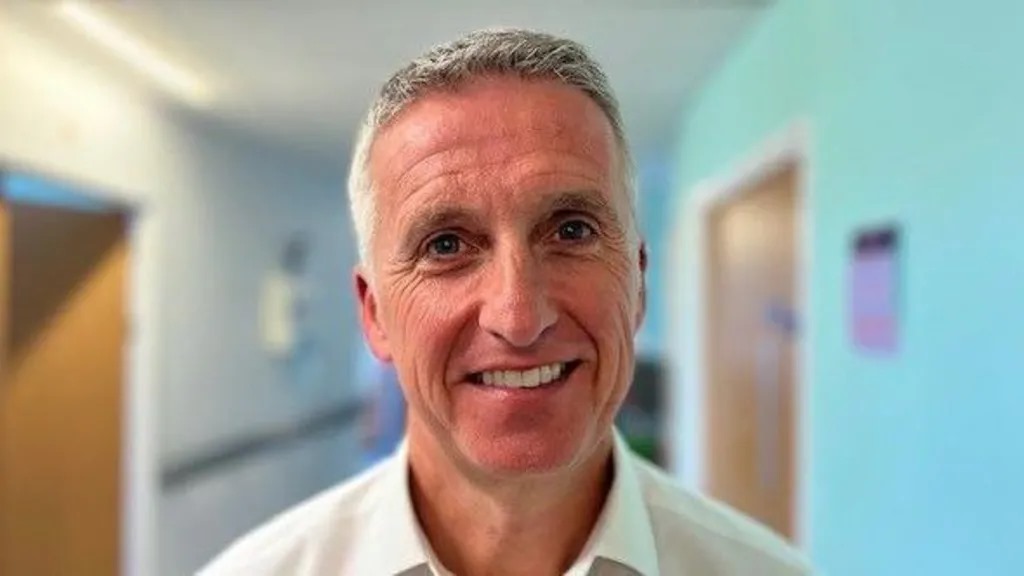Job losses are on the cards for one of the largest NHS trusts in the country, as leaders spell out the financial challenges facing the health service in England.
University Hospitals Birmingham NHS Foundation Trust said it was looking at losing about 300 roles as part of cost saving measures this year.
It has to make savings of 5%, worth roughly £130m of its £2.6bn annual budget, said chief executive officer Jonathan Brotherton.
But, he added, services would be protected, and a restructuring could see some improvements.
The trust cares for more than 2.2 million patients each year, at the four hospitals it runs: Heartlands Hospital in Bordesley Green, the Queen Elizabeth in Edgbaston, Good Hope Hospital in Sutton Coldfield and Solihull Hospital.
The losses will come out of the 26,000 staff employed across the trust.
Mr Brotherton said that engaging staff in the process was key.
After asking them for their ideas on how to save the money, they now have 90% of the savings they need to make (£115m), but he said it had not been an easy process.
"It is going to be difficult, but it is everywhere. We have to accept it and get on with it."
"[We] have engaged thousands of people in helping to identify and generate the ideas and the savings.
"That isn't just about saving money, it's actually about improving services to patients as well," he added.
"Sometimes it's just about being more productive, sometimes it's about changing the way we work with technology, sometimes it's about reconfiguring the way that services are delivered."
The announcement comes after an analysis of NHS finances seen exclusively by the BBC revealed some trusts feared they may not be able to pay staff wages.
A reliance on temporary staffing had been reduced at the Birmingham trust, added Mr Brotherton, with vacancy levels at their lowest ever.
"That's across qualified nursing, doctors, therapists, a whole range of different posts," he added, meaning he could deliver "the same for less".
The chief executive, who started working in the ambulance service as a paramedic dealing with patients said he still carried "those core values and experiences through to the decisions that I make today".
The Department of Health and Social Care said ministers were determined to tackle inefficiencies and drive-up productivity in the health service, and the emphasis should be on cutting bureaucracy, to invest in front line care.



